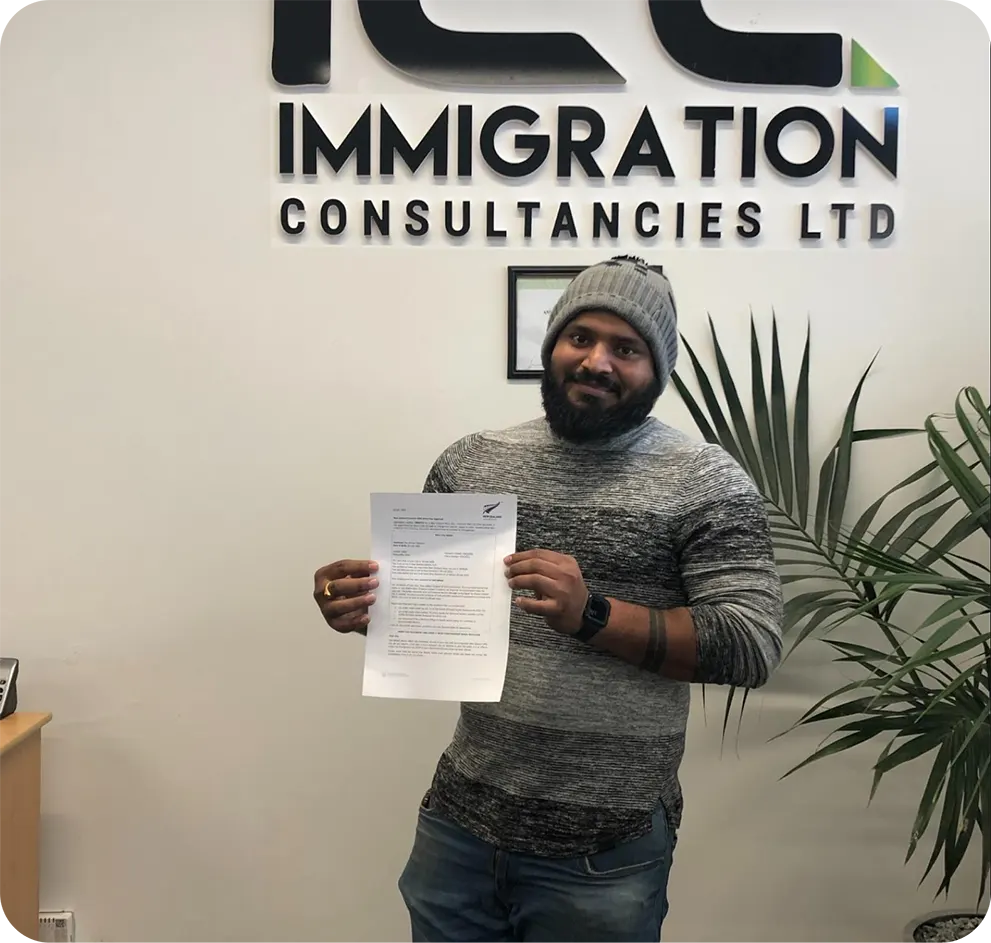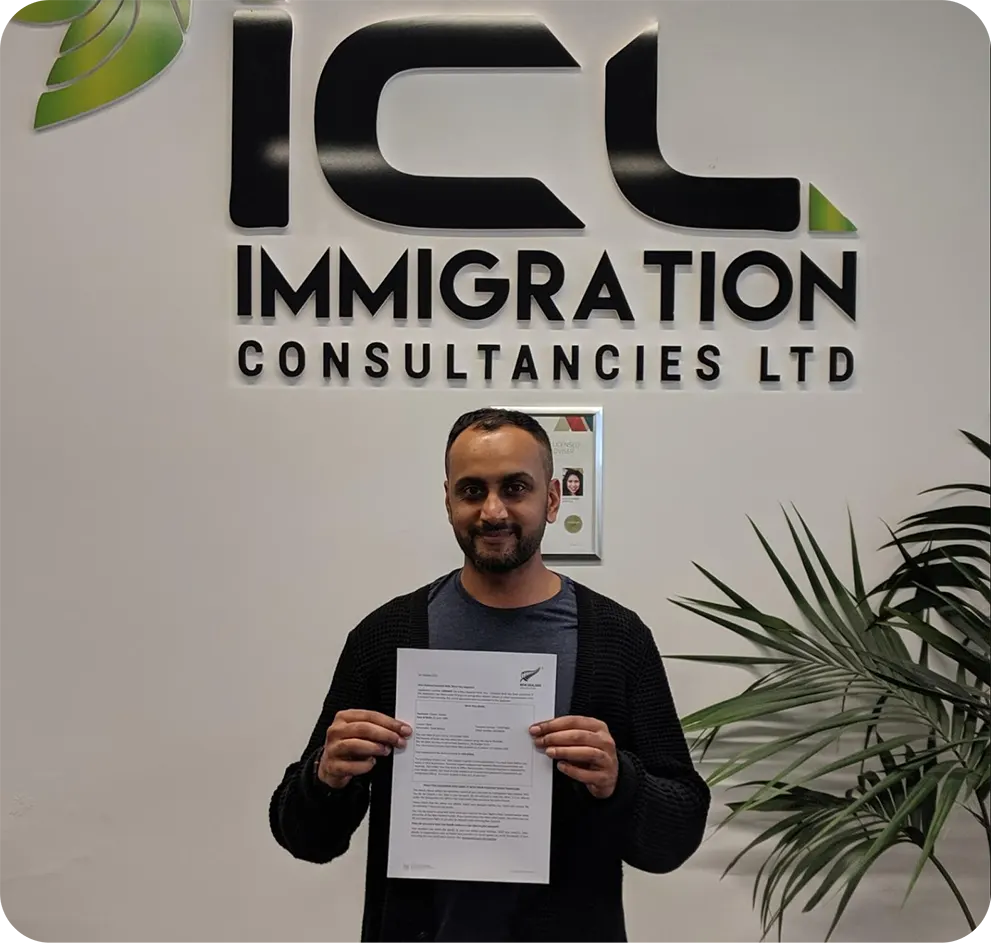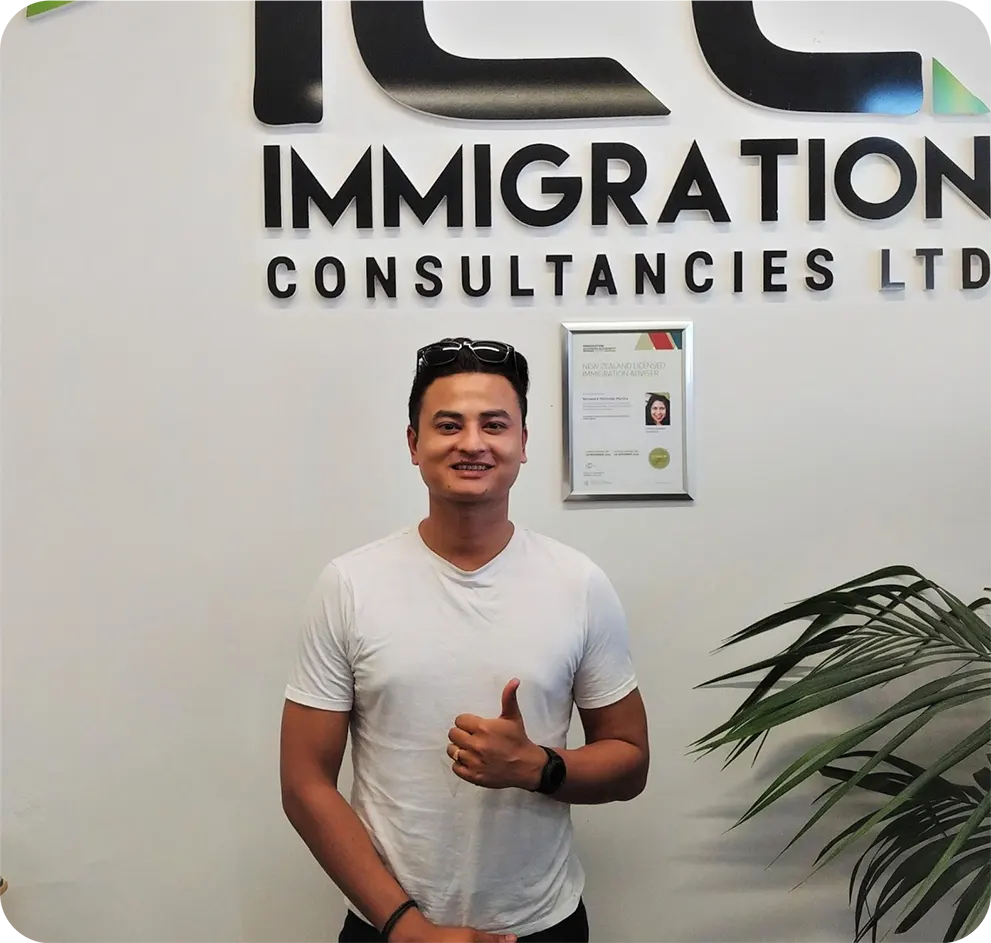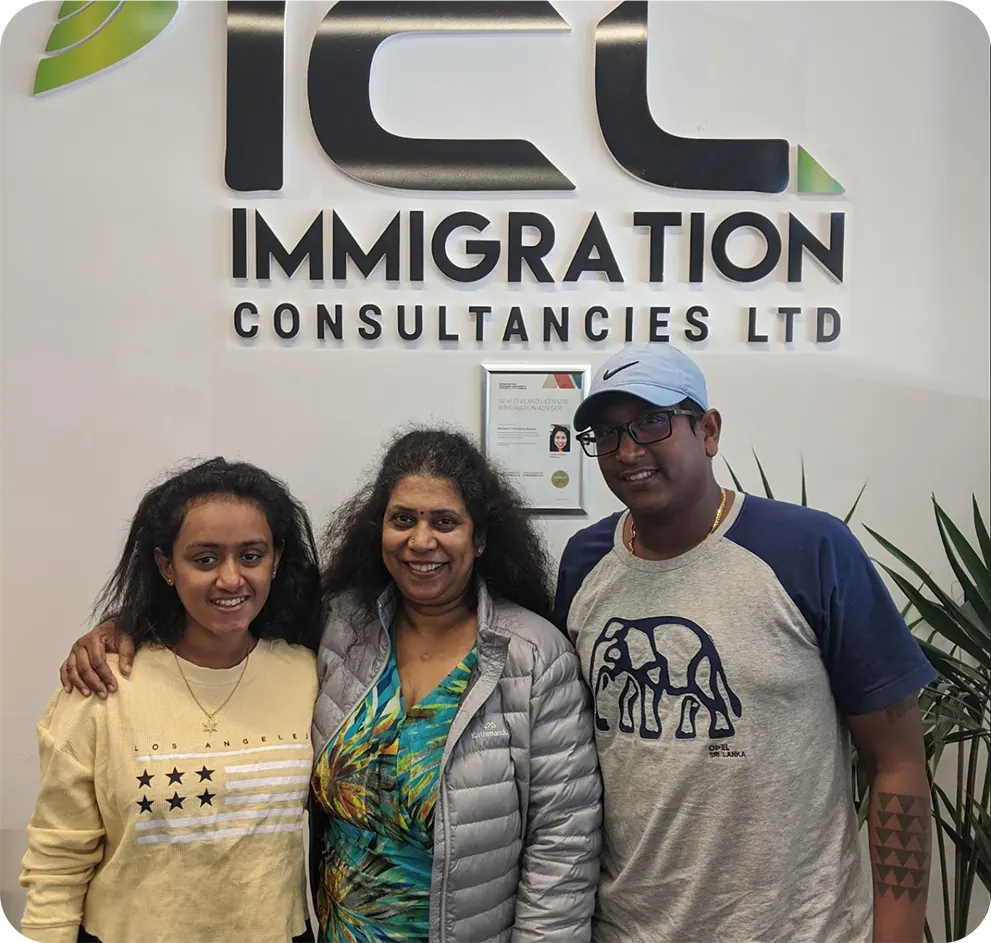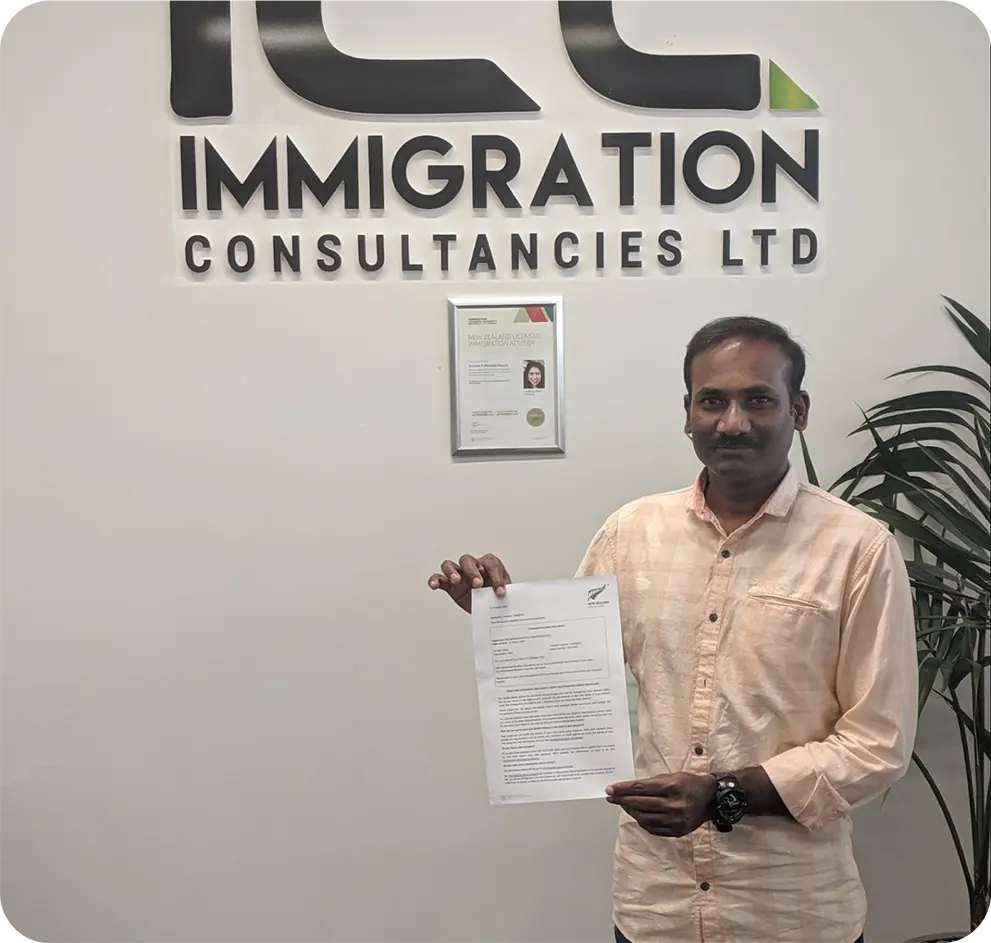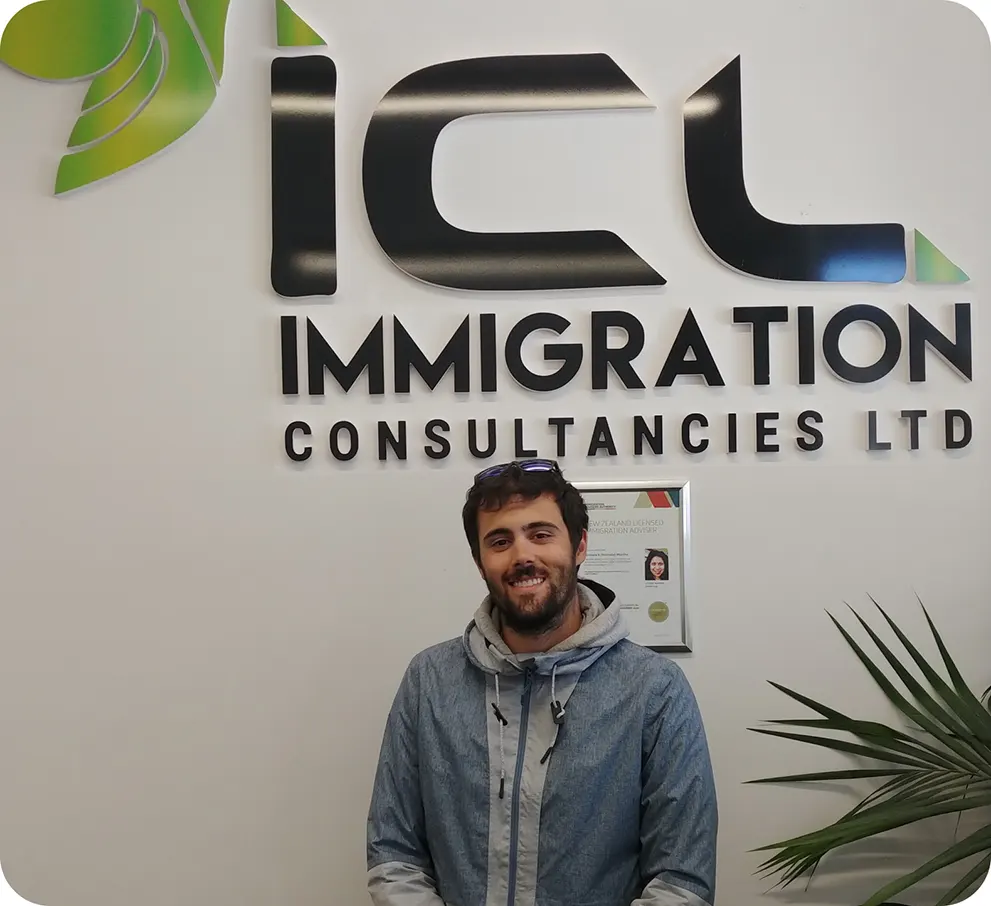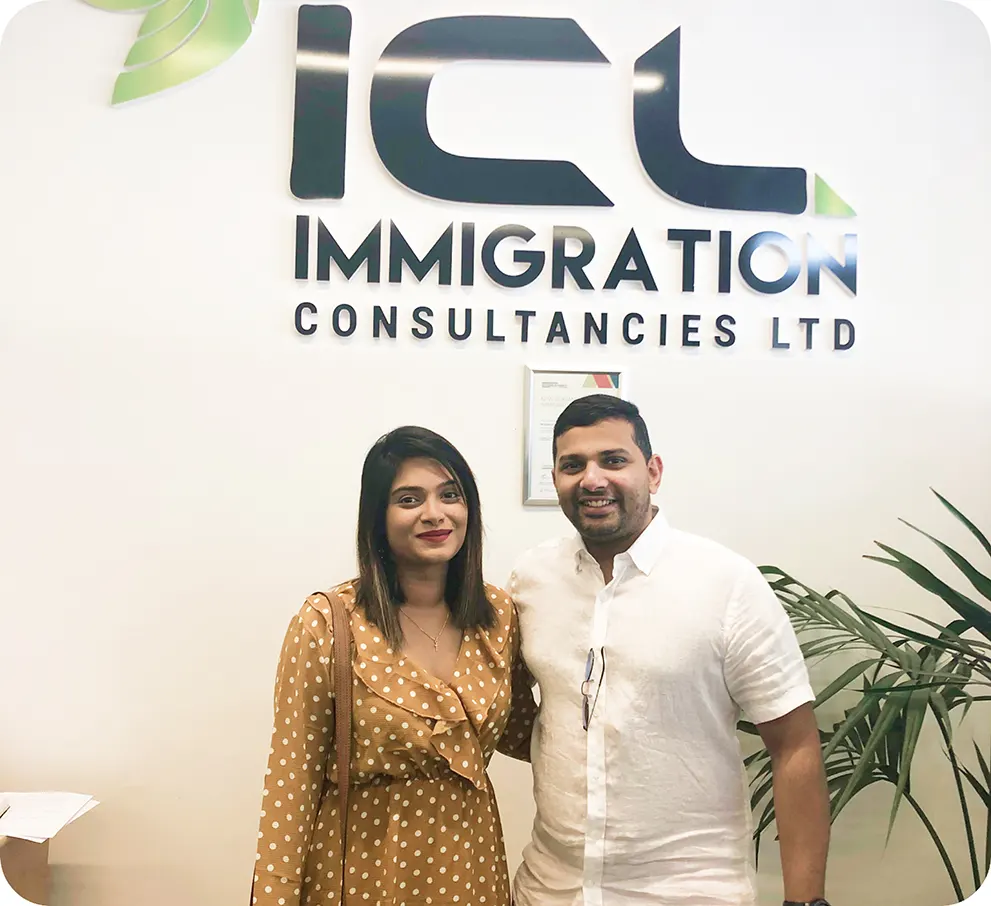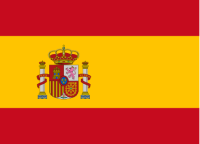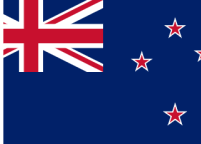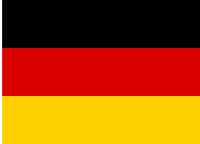Introduction
To ascertain that the Accredited Employer is following best practices, Immigration New Zealand checks nearly 16% of employers each Financial year. The 16% checks are randomly chosen or if they have any complaints about any business.
- As of September 2024 INZ has undertaken 4,529 post-accreditation checks on 3,282 employer
- 484 employers have had their accreditation revoked and 133 have had their accreditation suspended.
- Nearly 10% of employers accreditation revoked after the check
So, Accredited Employers need to understand what happens during post-accreditation checks and how they can ensure compliance. These checks are essential to demonstrate that they are meeting their obligations under New Zealand immigration law.
What Are Post-Accreditation Checks?
Immigration New Zealand conducts checks on a portion of accredited employers each year. These checks can happen anytime during your accreditation and may be either desk-based or through a site visit. Employers of all sizes and types are randomly selected for these checks.
What Information May Be Requested?
To perform these checks, Immigration New Zealand may rely on public records or information from the Ministry of Business, Innovation, and Employment (MBIE). However, they may also ask for additional information or conduct a site visit. It’s essential to have systems that already capture this information through your regular HR, accounting, or management processes.
Here are examples of the information that might be requested during a post-accreditation check:
1. Proof That Your Business Is Viable and Genuine
You may need to provide evidence such as:
- GST or PAYE records showing your business’s IRD number.
- Financial statements proving your business is financially stable.
Your financial statements should demonstrate:
- No loss over the past two years, or
- Positive cash flow each month for the last six months or
- Sufficient capital or investment to stay viable or
- A two-year plan to ensure continued viability.
2. Correct Type of Accreditation
Your accreditation must align with the type of business you run and the number of migrants you plan to hire. For instance, standard accreditation allows you to employ up to five migrants, while other accreditation types have no limit. If you need to switch to a different accreditation type, such as controlling third-party accreditation, you’ll need to reapply and pay the necessary fees.
3. Key People in Your Organisation
You need to provide evidence that key personnel in your business continue to meet immigration and employment law requirements. This could include:
- Regular checks to ensure they are not on any non-compliant employer lists.
- Declarations from key individuals confirming they have not breached any employment or immigration laws.
- Documentation showing that these key individuals consent to share information with Immigration New Zealand.
4. Your Responsibilities as an Employer
Employers must comply with employment and immigration laws, and they may need to show evidence of this, including:
- Documents proving you monitor the visa status of AEWV employees.
- Records show that you remind employees about visa expiry dates.
- Employment agreements and records of hours worked, wages paid, and leave taken.
5. Supporting AEWV Workers’ Settlement in New Zealand
As part of your responsibilities, you must help your migrant workers settle in New Zealand. Evidence of this could include:
- Induction plans that allocate time for AEWV employees to complete their employment rights training.
- Proof that you have provided paid time for workers to complete these modules.
- Copies of any settlement support information you provided to employees.
6. Placing AEWV Holders with Third Parties
If you place AEWV holders with a controlling third party, you must have the appropriate accreditation and ensure the third party complies with New Zealand’s standards. This includes:
- Make sure the third party is not exploiting your workers.
- Monitoring workplace conditions and safety.
Evidence required might include:
- Health and safety induction materials from the third party.
- Documentation of issues raised and how they were resolved.
- Records showing the percentage of New Zealand workers employed.
Ready to Begin Your Kiwi Journey?
20+
Years of Expertise
300+
Google Reviews
Flat Fee
& Transparent Pricing
Franchisees
If you’re operating as a franchisee, you need to provide evidence such as:
- Records show that at least 15% of your employees are New Zealanders, guaranteed at least 30 hours of work per week.
- Documentation proving you are operating as a franchisee, such as tax records or correspondence from the franchisor.
Client Testimonials



Success Stories
Let’s Start Your Success Story
Simply fill up a quick form, which will help us contact you and schedule your first consultation, free of charge.


